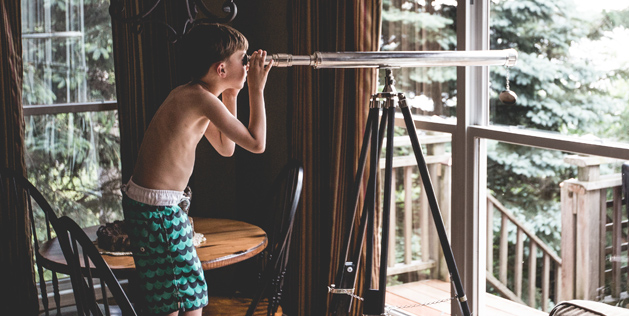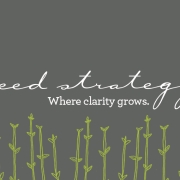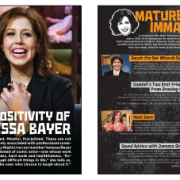The Danger of Expertise
In our business, like any other, expertise is the gold standard for excellence. Getting years under your belt, accolades on your track record and any number of other jargony metaphors is the benchmark for success. But does this accumulation of time and experience really equate to superior performance?
Not necessarily. In fact, in innovation, expertise can actually be the enemy.
You don’t know what you don’t know
There are plenty of benefits to being an expert. You work more efficiently; you have greater foresight; you can cut right to the meat of the problem. But in the course of eliminating “unnecessary” steps from your process, you’re also cutting out the soul of innovation: the freedom to play.
Before you were the expert you are today, the journey to a solution was often a meandering path. Sure, it might have taken more time to get to your destination, but along the way, you were exploring, experimenting and pursuing tangents that caught your interest. While not all digressions are useful, these seemingly random tidbits can often unlock a creative solution in your mind… one that you wouldn’t have otherwise stumbled upon.
Without taking time to play, you could be missing a breakthrough idea. The most disruptive innovations don’t typically come from following long-established business principles. They come from looking at a situation from a completely different angle—something that’s only possible when you take the time to wander off the beaten path.
Find your balance
There is, of course, great value in expertise. The key is to avoid believing that expertise, alone, can propel you forward.
Use your expertise to make smart observations, spot important nuances and craft savvy business executions. Yet, also take the time to revisit your less-experienced self. Allow yourself the freedom to play, without judgment or impatience.
For example, take a learning approach to solving the issue at hand—what other brands or categories, even those totally removed from your universe, have faced similar situations? Allow yourself a day (or even a few hours) to spend researching all topics even semi-related to your challenge. Get together with coworkers from different levels and departments to spitball ideas. Adopt an “improv comedy” approach to the meeting—abandon the word “no” and instead build and play with a “yes, and…” approach.
When you can nail this balance, that’s when you’ll discover what innovation can truly mean for you and your business. Let me know about your experience in balancing expertise and play—connect with me on LinkedIn or comment below.
Find even more creative inspiration from Seed’s digital magazine, The Fire Theft Project: Conversations on Creativity.
Angela Jones is a Creative Director at Seed Strategy and Associate Editor for Seed’s The Fire Theft Project: Conversations on Creativity. She specializes in inspiring creative thinking and engaging readers with concise copy that captures the essence of ideas.
P.S. You can follow Seed Strategy on our LinkedIn, Twitter, Facebook and Instagram pages.









